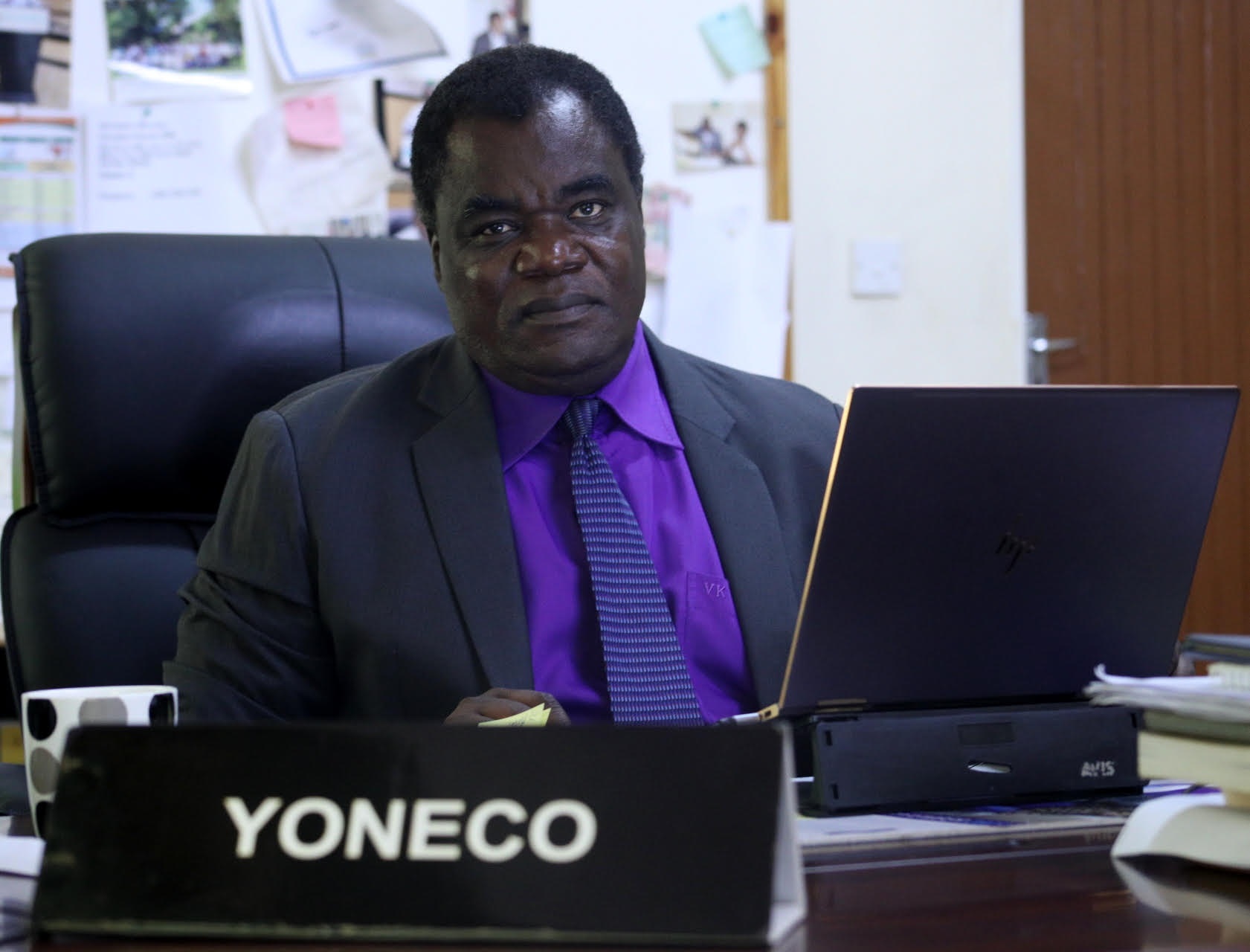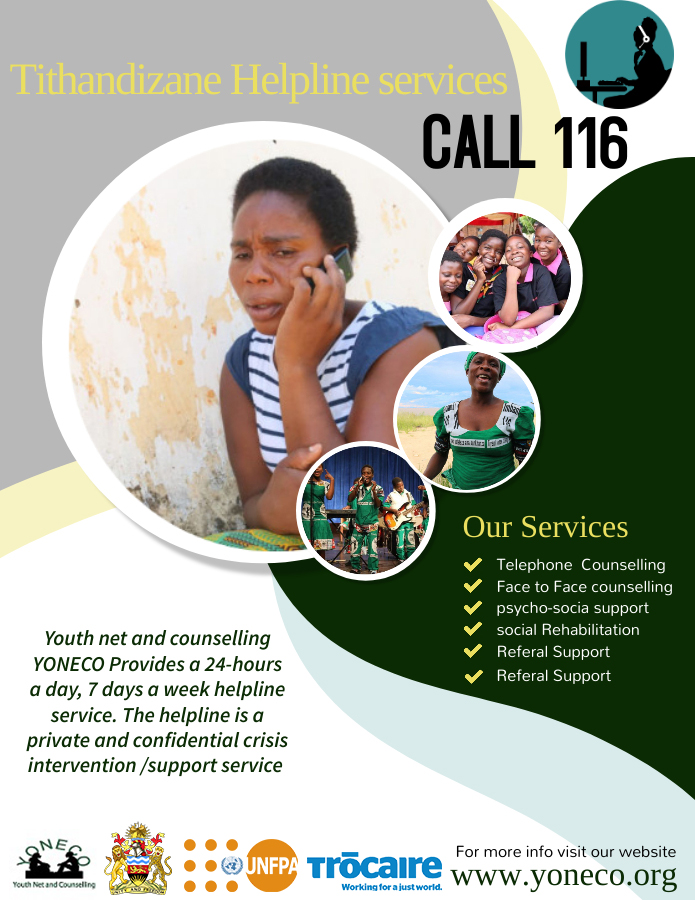We are now in the 10th month of the year. Welcome to October, 2022. This is the month in which rural women are put in the forefront of business with various activities that are focused on their empowerment. The month is dedicated to them as we join the global community in commemorating the “17 Days of Activism for the Empowerment of Rural Women Leaders and their Communities from 1-17 October. We all know women play an important role in our societies from building homes, looking after children and the elderly, to looking after the political and economic organization of our society. For this, women need to be honored and respected. As we celebrate the 17 Days campaign, it is important to highlight some key issues that require considerate reflections and actions. Mind you, this should not just be a once off
exertion.
Firstly, we start by appreciating the many challenges that women face especially in the rural areas. These challenges are compounded by the fact that there is an uneven balance between genders, as women are treated as inferior or looked down upon due to sociocultural norms and beliefs. However, such trends need to be discontinued and people need to understand that women’s rights are as important as everyone else’s in society and they need to be given the right attention.
Secondly, empowering women to understand that they have the right to demand the necessary conditions to ensure they thrive is something that needs serious reflection. In light of this, women need to understand that they can demand the right to development and in turn, help them move from poverty and improve their living standards. On a third note, women also need the right support so that they have access to adequate food, standard living spaces, and proper protection from all forms of Gender Based Violence (GBV). This needs concerted efforts from all stakeholders starting from the society all the way up to duty bearers.
11 October will be the 10th anniversary of the International Day of the Girl Child (IDG). Through the decade, there have been an improvement in putting more attention on matters to do with the girl child from various stakeholders. Despite this being the case, there still exist gaps in observance of the rights of the girl child and this is evident in the plight that the girl child is facing in this country. The country continues to face increased cases of defilement of young girls.
In such incidences, the most shocking thing well noticeable is that the perpetrators of this crime are usually the very same people who are entrusted with the task of protecting the very same girl child. This is detrimental to the girl child as it impedes their will to realize their full potential as their mental and physical wellbeing is being undermined.
This year, the IDGC will be commemorated under the theme “Our time is now-our rights, our future.” The theme rightly captures the tempers and aspirations of the girl child. This should be a call to action and to ensure that adolescent girls are given the right support to realize their full potential and make a positive impact to the society. It is time that everyone is held accountable to invest into and for the future of adolescent girls’ future that fosters belief and leadership from them.
15 October is Mother’s Day in Malawi and I would like to appreciate all the mothers for the roles they play in the lives of so many people which extends from their homes to the wider society as a whole. On this note, I would like to call on all mothers to continue in the same vein but put emphasis on the fact that children should not be neglected and should be given all the care and support they need.
Last but not least, on 16 October, the global community will be commemorating the World Food Day. The Day will be commemorated on the backdrop of a global pandemic and a western war which is also affecting food trends. As the Day is being commemorated in the country under the theme “Leave no one behind,” currently, approximately 2.6 million people are already facing hunger and studies show that further into the year, the figure of those affected could reach over 3.8 million. With these figures, should we be confident that no one will be left behind? Can we confidently say everyone will have a chance to have food?
The unsettling truth is that the answers to all these questions are seemingly on the negative which now should have each and every one of us asking ourselves what we should be doing to solve this problem. It is also important that people should focus and look for sustainable ways of producing food throughout the year which will help in curbing the problem.
In addition to this, another solution lies in changing the mindset of Malawians so that we should all migrate from regarding Nsima as the only form of food. There are a lot of other healthy and cheap alternatives to Nsima that could be substituted for this staple food and it is high time these foods were championed.
Have a fruitful month and remember, now is the time to start planning for the future.


